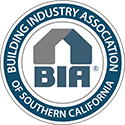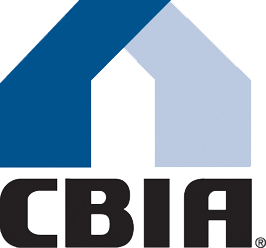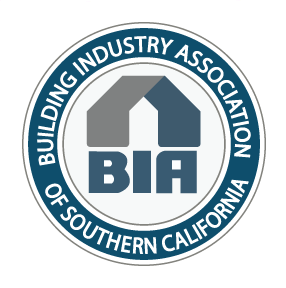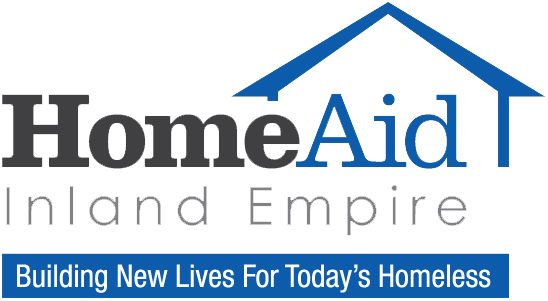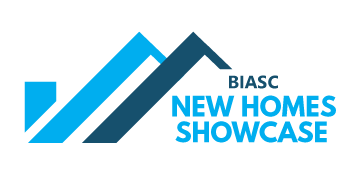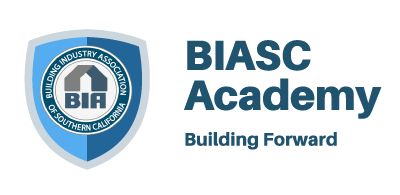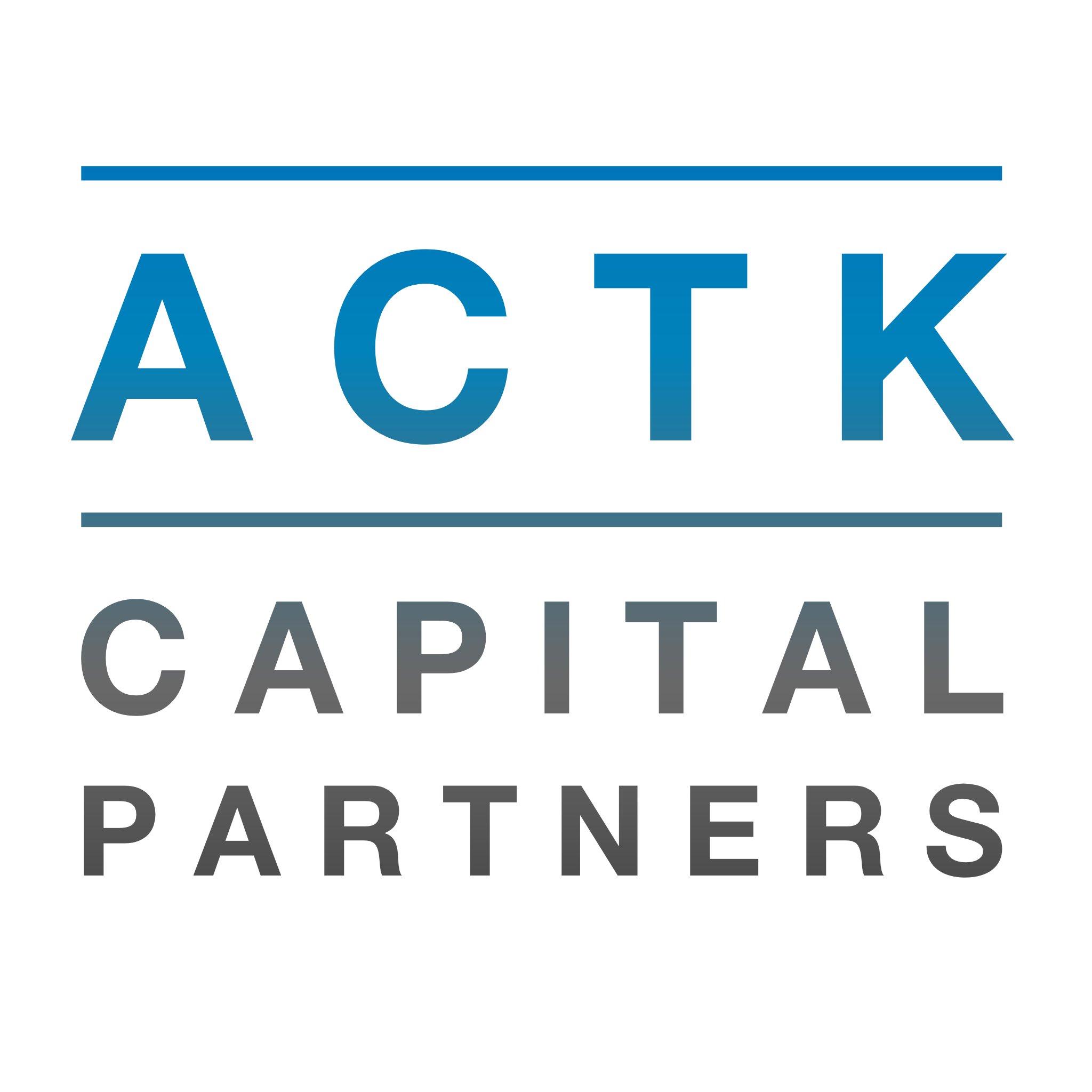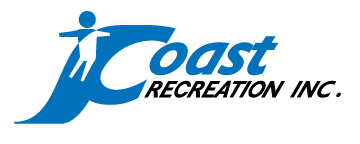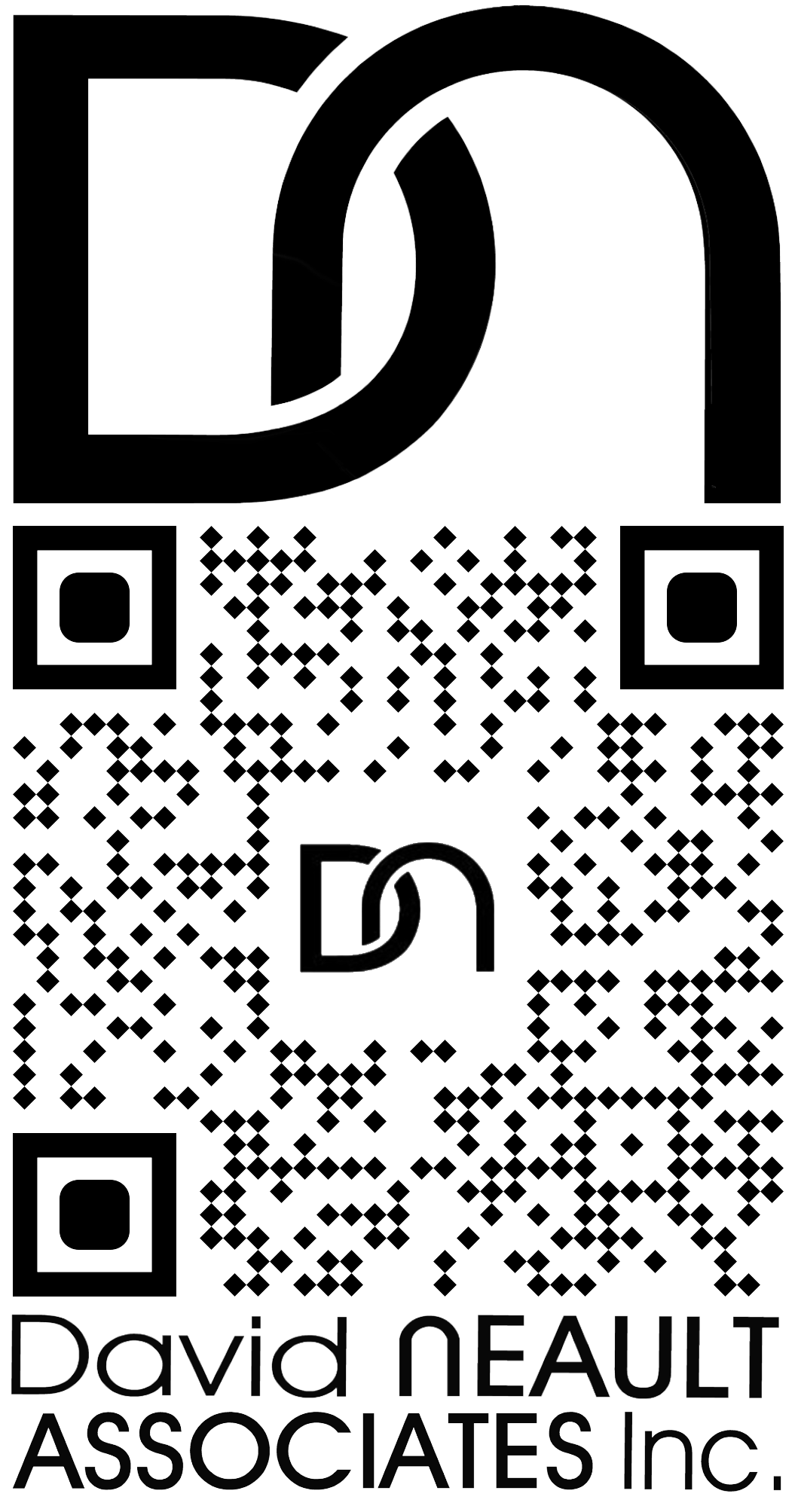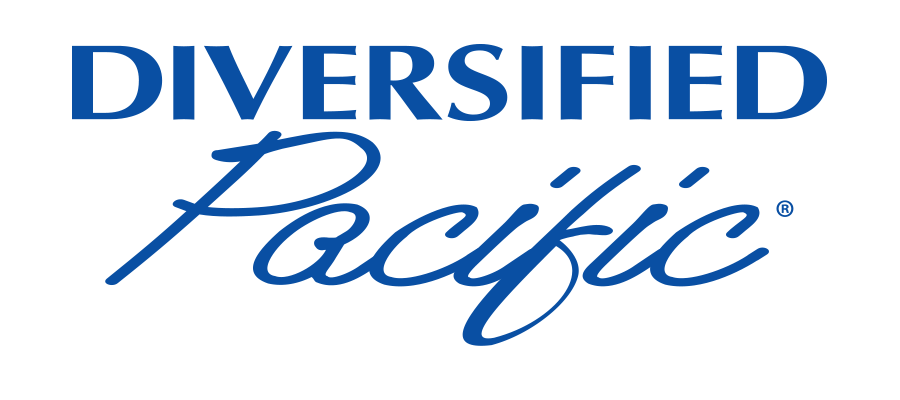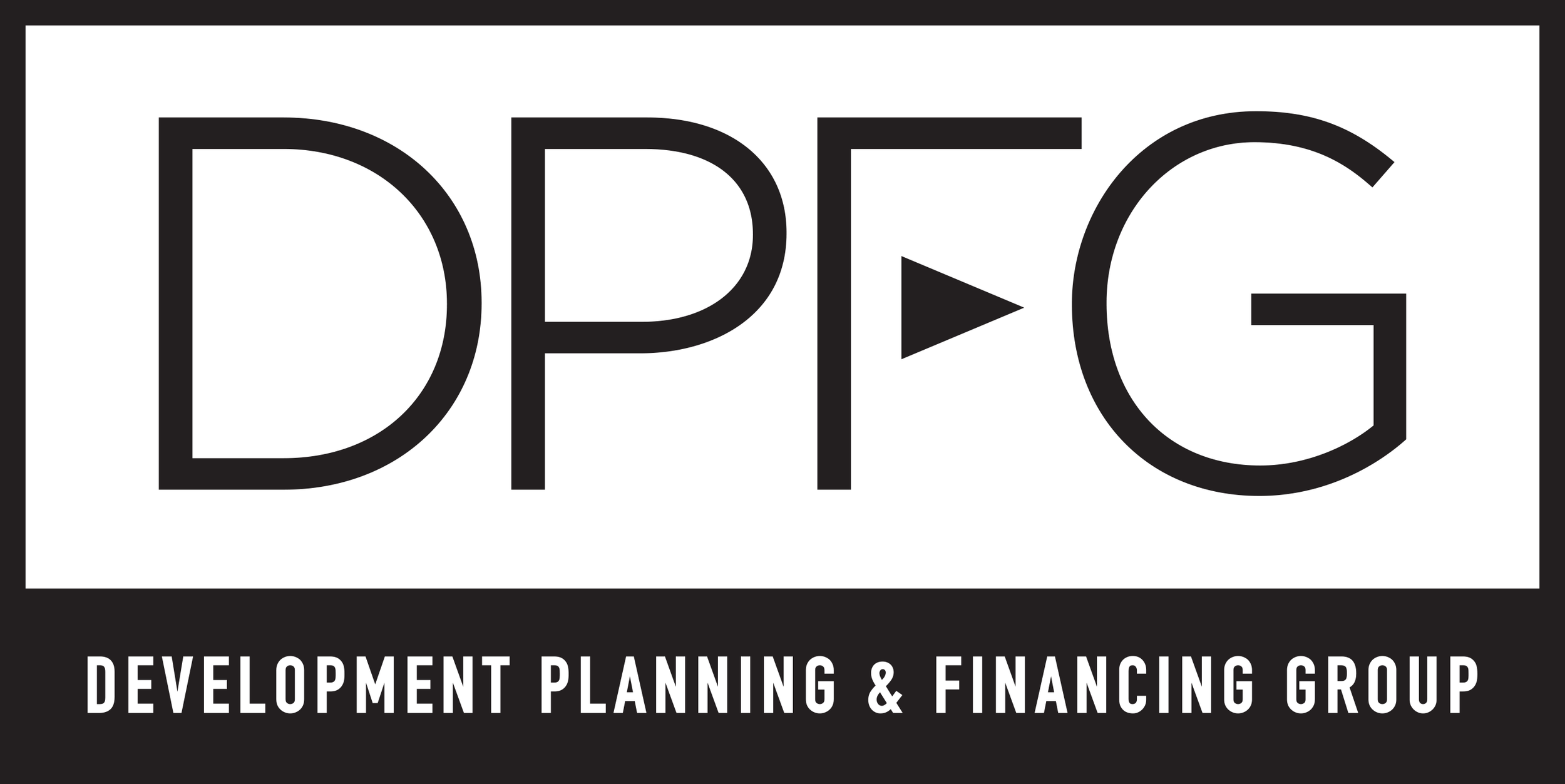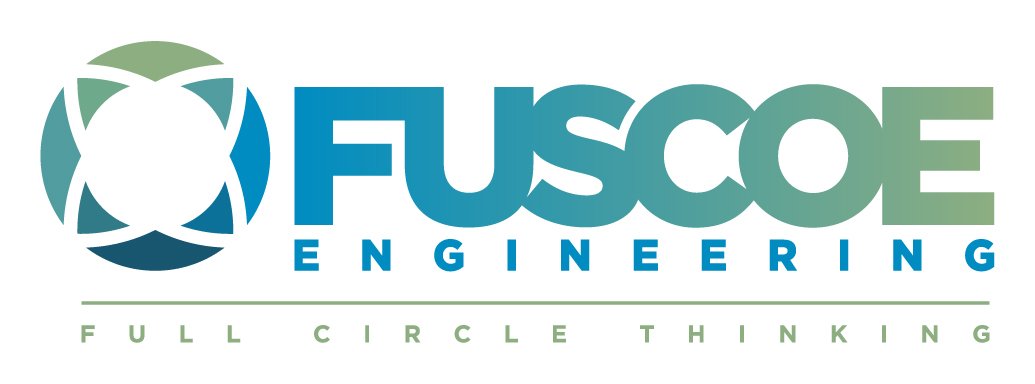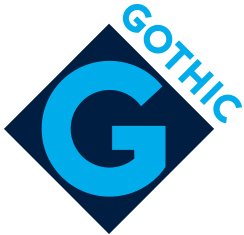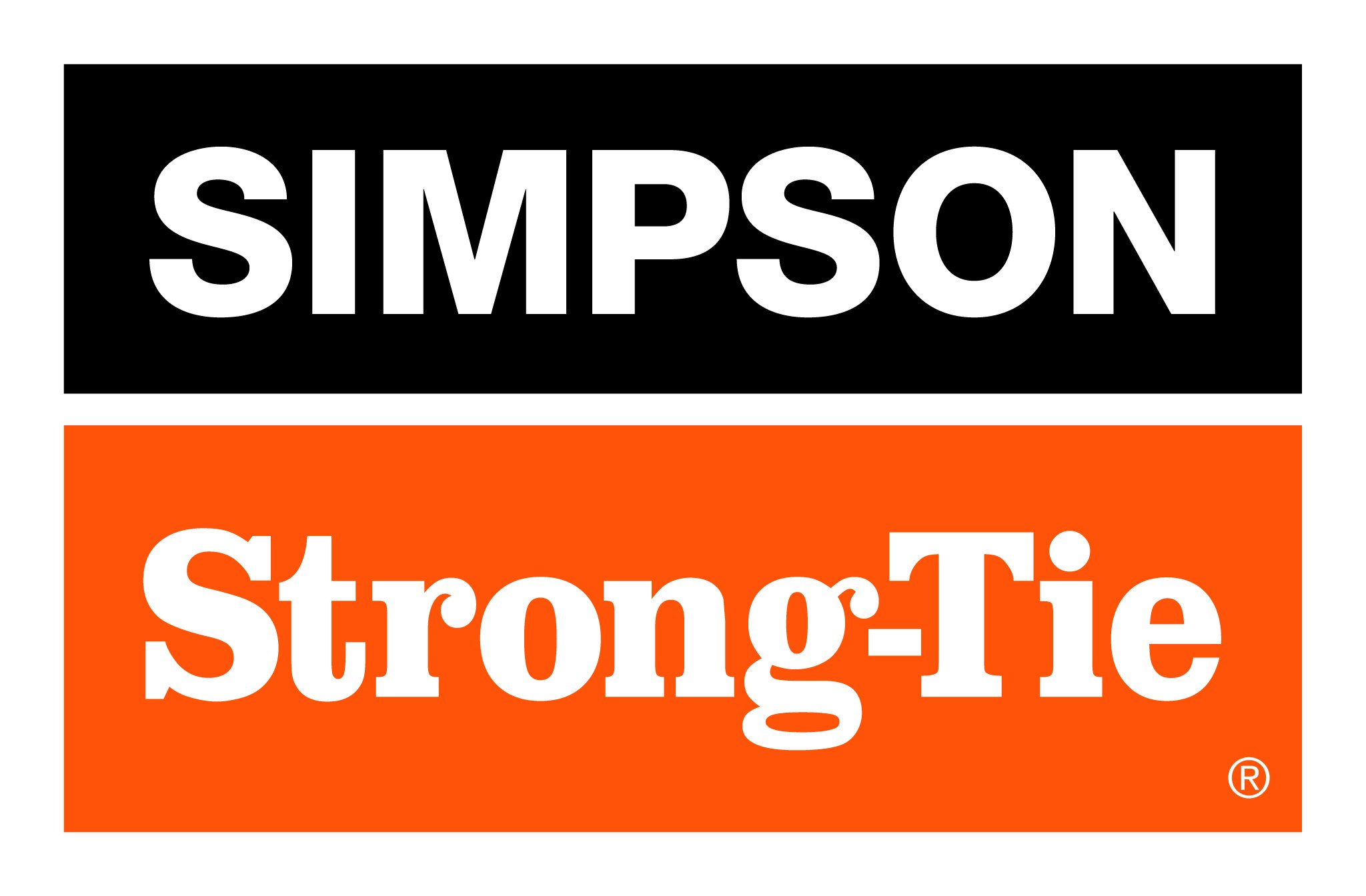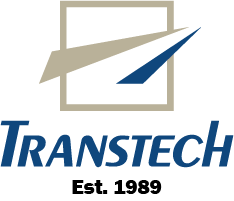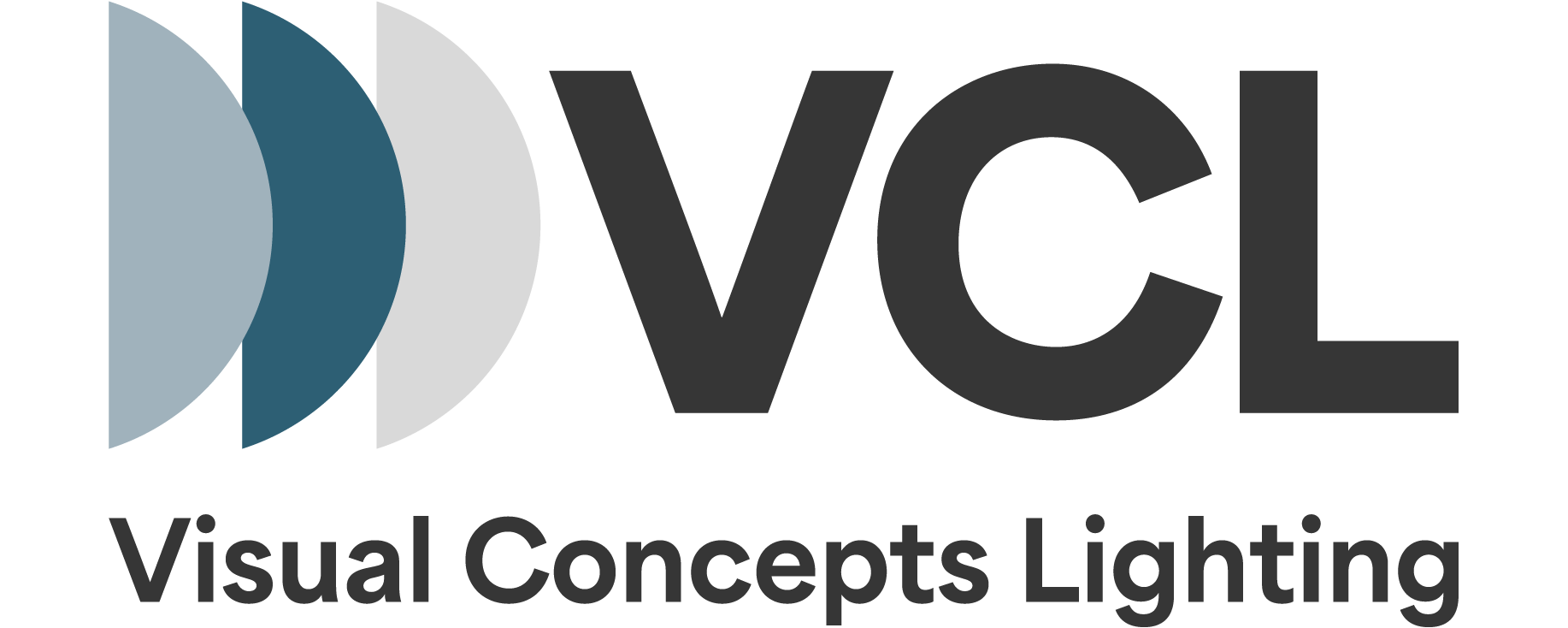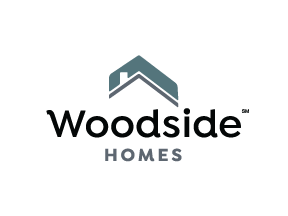by Phillip B. Burum, Executive Vice President, Diversified Pacific,
President, Building Industry Association (BIA) Baldy View Chapter
Today, many services and benefits available to homeowners are heavily advertised online and on television and are often used as ‘bait’ to sell other products and services. However, since many of these services are government programs, for Reverse Mortgages, consumers considering them should always start directly at the source: www.HUD.gov and search ‘reverse mortgage’.
Americans are living longer, healthier and more active lives, many choose to remain in their homes and fall into the category now referred to as ‘aging-in-place’. Because of this, the Federal Housing Administration (FHA) developed the Reverse Mortgage to enable homeowners to use the accumulated equity in their homes to do so.
Technically, ‘Reverse Mortgage’ is another term for Home Equity Conversion Mortgage (HECM) administered through the Federal Housing Administration (FHA). HECMs enable older homeowners to withdraw some of the equity their homes have built up over the years to supplement Social Security, meet unexpected medical expenses, make home improvements (especially for those who are aging-in-place), or simply to supplement their income by converting a portion of the equity in their home into cash.
Unlike borrowers who use a traditional home equity loan or second mortgage, HECM borrowers do not have to repay the HECM loan until they no longer use the home as their principal residence or fail to meet the obligations of the mortgage. Borrowers may also use HECMs to sell a home and purchase a primary residence if they are able to use cash on hand to pay the difference between the HECM proceeds and the sales price plus closing costs for the property being purchased.
To be eligible for an FHA HECM, the FHA requires a homeowner to be 62 years of age or older, own their home outright or have a low mortgage balance that can be paid off at closing with proceeds from the reverse loan. They must also have the financial resources to pay ongoing property charges including taxes and insurance, real estate taxes, utilities and hazard and flood insurance premiums. Homeowners are also required to receive consumer information (free or at very low cost) from an HECM counselor prior to obtaining the loan by contacting an HECM counselor online or by calling (800) 569-4287 and the borrower must live in the home.
Homeowners may apply for a HECM regardless of whether their home was purchased with an FHA-insured mortgage.
HECMs have no monthly principal or interest payments. With HECMs, when the home is sold or no longer used as a primary residence, the cash, interest and other HECM finance charges must be repaid. All proceeds beyond the amount owed belong to the mortgagee’s spouse or estate. This means any remaining equity can be transferred to heirs. No debt is passed along to the estate or heirs.
The amount allowed by HECMs vary by borrower and depends on, among other things, the age of the youngest borrower or non-borrowing spouse. If there is more than one borrower, the age of the youngest borrower is used to determine the amount that can be borrowed.
Because HECMS are administered by the FHA, they do not recommend using any service that charges a fee for referring a borrower to an FHA-approved lender. FHA-approved lenders may be located by searching online at www.hud.gov or by contacting a HECM counselor for a listing. Services rendered by HECM counselors are free or at a low cost. To locate a HECM counselor, search the HUD website for the HECM Counselor Roster, the National HECM Counseling Network or call (800) 569-4287 toll-free for the name and location of a HUD - approved housing counseling agency near you.
Prospective borrowers can also receive additional free information about reverse mortgages in general by contacting the National Council on Aging (NCOA) at (800) 510-0301 or visiting their www.NCOA.org website and downloading their free booklet Use Your Home to Stay at Home. The www.reversemortgage.org website offers additional resources for prospective borrowers.
Like all mortgages, HCEMs are important and complex products and these resources will help clear up a lot of questions for potential or existing borrowers.
.
*****
